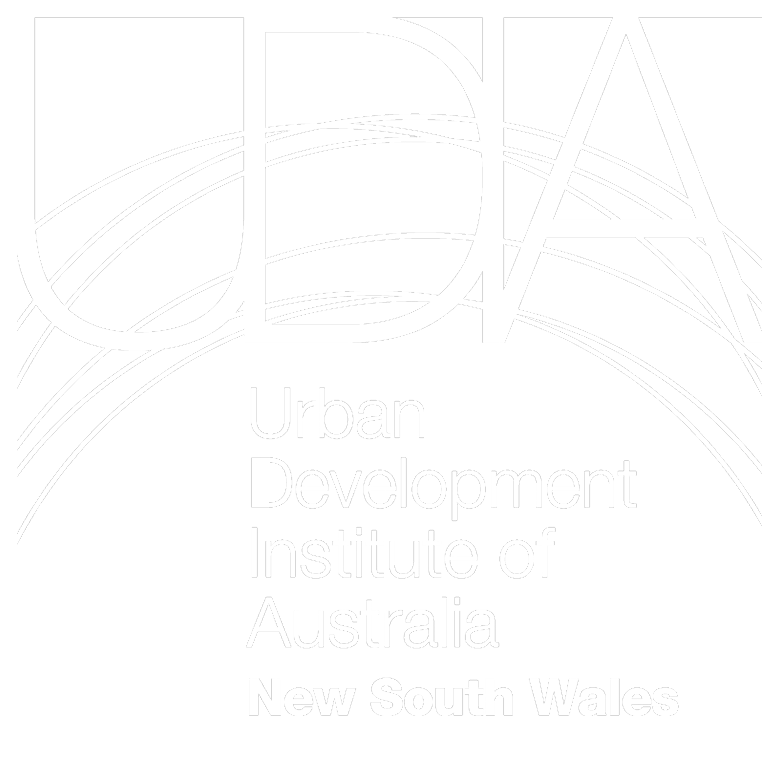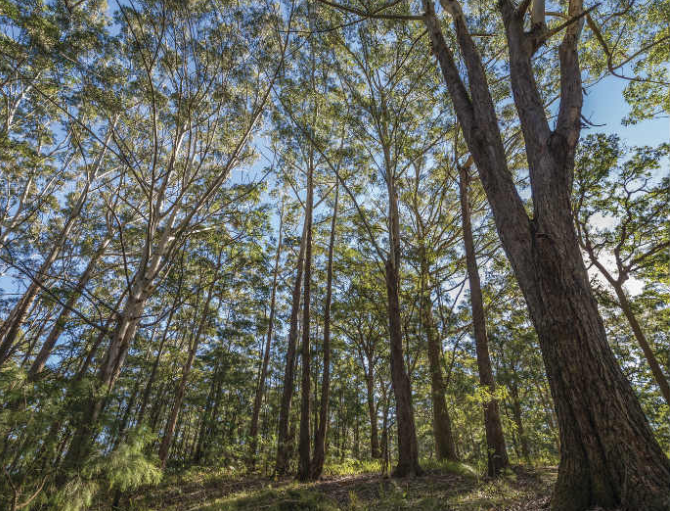UDIA welcomes the report from the independent review of the NSW Biodiversity Conservation Act 2016 and calls on the NSW Government to carefully consider any changes to the system in the context of meeting the dual challenges of delivering strong biodiversity outcomes while ensuring NSW delivers its ambitious commitment to build 375,000 new homes over five years.
The independent review, led by Dr Ken Henry AC, finds that the current NSW biodiversity system is failing and UDIA agrees. The review finds not only that the NSW Biodiversity Act 2016 is not meeting its purpose of maintaining a healthy, productive and resilient environment, it is also too complex and produces too much uncertainty and high compliance costs for development.
“In short, the NSW Biodiversity Conservation Act is ineffective, and we must now work together to fix it in the midst of our current housing crisis, to ensure we can meet the dual challenges of biodiversity conservation and housing supply,” said Steve Mann, CEO, UDIA NSW.
To address the urgent housing crisis, the Minns Government has accepted the Federal challenge to build 75,600 new homes each year over the next five years. This will not be an easy task. That housing target is 60% higher than NSW delivered last year and higher than we have ever achieved before. To meet these targets, more land will be required for housing.
The call for a major reset of the Biodiversity Conservation Act is timely, given the current biodiversity system is a major constraint to delivering the housing we need and is a disincentive for investment in NSW.
UDIA research found that over 25,000 housing lots in the NSW greenfield pipeline are held up due to the uncertainty, delays and costs built into the Biodiversity Conservation Act. In the growth areas of the Hunter, Central Coast and Illawarra between 41% and 62% of lots are held up.
“The current biodiversity system is too complex and restricts the delivery of new housing, which is contributing to our housing crisis. The NSW Government has a golden opportunity to make much needed changes to the system and get the policy settings right, which can both improve regional scale diversity outcomes, while also allowing industry to move more quickly and build the houses our communities need,” said Steve Mann.
UDIA made recommendations to the review panel, and is pleased that the report adopts many of our suggestions, including:
- Acknowledging the need to reduce the complexity of the system, improve certainty for development, and make biodiversity assessment in NSW faster, easier and cheaper;
- Increasing the supply of biodiversity offset credits through greater government investment, added incentives to conserve private land, more use of public land (like Crown Land), and a greater emphasis on restoring degraded habitat;
- Acknowledging that restoration of degraded land should be used to generate credits and actively incentivised, including through increased credit yields;
- Using a more strategic approach to generate truly regional scale biodiversity outcomes;
- Calling for improvements to the current bio-certification pathway, which could decrease risks by reducing complexity, time and costs; and
- Providing clearer guidance on the requirements to avoid and minimise impacts to biodiversity from development, and improving certainty by achieving this early in the planning process.
“UDIA is encouraged by the acknowledgement that the current system is failing and stands ready and willing to work with the NSW Government to use this review as a catalyst for meaningful changes that will improve the environment while also achieving NSW Government goals for housing,” said Mr Mann.
The author of the report, Dr Ken Henry AC, the Lead Independent Reviewer of the Statutory review of the Biodiversity Conservation Act 2016, will outline the report’s recommendations as the keynote speaker at UDIA’s Hunter Luncheon in Newcastle next Thursday 31 August.
Media Enquiries:
Deanna Lane 0416 295 898 or dlane@udiansw.com.au

